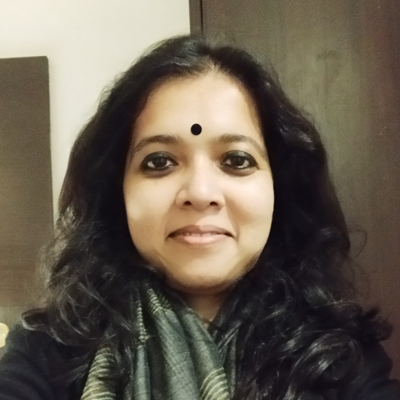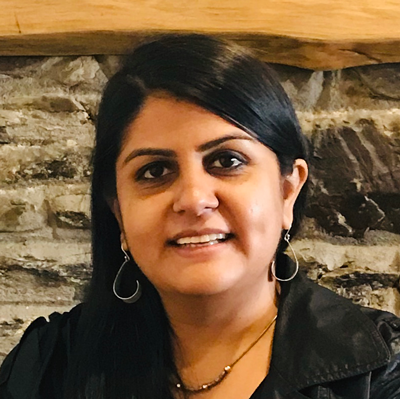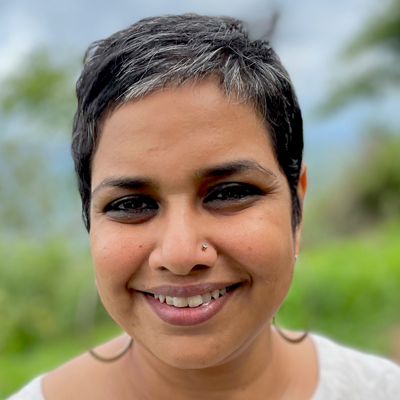
Three public-spirited professionals shared experiences of working on India's environment and development issues
Time: Saturday April 16, 2022, 5.30 to 8 pm
Venue for joining in-person:
411, Sumant Moolgaokar Auditorium,
MCCIA Trade Tower, Ground Floor,
A Wing, ICC Complex,
016, Senapati Bapat Rd,
Pune - 411016
For over two decades, development in India has been characterised by the prospect of growth, easier access to information and steadily rising average incomes and aspirations. However, weakened environmental protection, setbacks in environmental governance, the imperative to address the climate challenge, rampant and growing inequality, untracked increase in abject poverty, agrarian distress and the lack of participatory decision making have been more defining than the hope for a better future. For a healthy and vibrant democracy to function, it is essential that its citizens play a key role in shaping policies and discourse. Evidence building, analysis, advocacy and direct action are key to addressing many of the challenges that the current model of India’s development has brought with it. This conversation was with three remarkable people whose work has been on addressing many of these challenges in a changing India. They also shared their reflections on the nature of engagement, changing contexts, challenges, opportunities before citizens grappling with protecting public interest in this new India. The event was moderated by Ann Josey, Fellow, Prayas (Energy Group). It was an in-person event and was held in Pune. It was also broadcasted on Zoom for those who wished to join online.
Following is a video recording of the discussion. More information on the panelists is provided below.
More about the panelists
 |
Kankana Das has over 15 years of experience in the development sector focusing on social and environment governance. She is passionate about environmental conservation and is actively engaged in evidence based advocacy. Her research involves assessment of policies and action plans prepared for mitigation of air and water pollution; preparation of policy briefs on air pollution mitigation and energy transition from coal to renewables. She also tracks compliance to various environmental legislations and regulations such as the Biological Diversity Act, 2002, the Wetlands (Conservation and Management) Rules, 2017 and CRZ Notification 2018. Kankana has also conducted training for regulatory agencies, civil society organisations and communities. |
 |
Nidhi Jamwal has over 22 years of experience in environment and development journalism. She has worked for 12 years with Down To Earth magazine and thereafter freelanced with several publications including Scroll, The Wire, Deccan Herald, DNA, Third Pole, etc. For the past 3 years, she has been working with Gaon Connection, India's biggest rural media platform and heads both its English and Hindi teams. |
 |
Shweta Narayan has over two decades of campaigning and advocacy experience in environmental justice issues. Her work focuses on providing legal, media and scientific research support to the residents of pollution affected communities and workers exposed to toxic chemicals. Since 2014, she has been coordinating the Healthy Energy Initiative (HEI) program in India. As part of the program, she has worked with several sub-national governments and health professionals in developing climate and environmental health policies. As the International Climate and Health Campaigner for Health Care Without Harm, she leads program aimed to accelerating the role of health professionals in climate action and the broader climate movement. |
